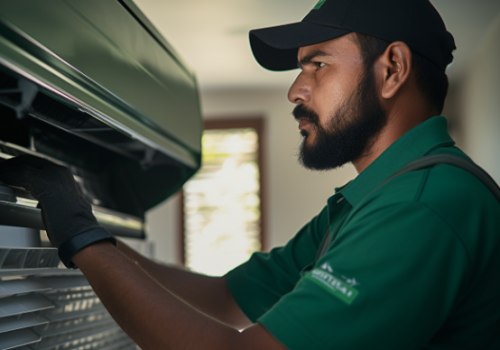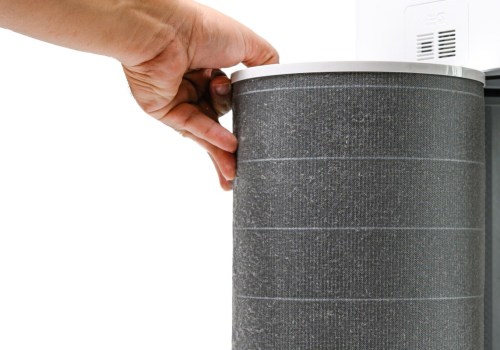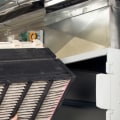Allergies and asthma can be a real nuisance, but they don't have to be. With the right air filter, you can reduce the amount of allergens in your home and improve your indoor air quality. In this article, we'll discuss the different types of air filters available, the MERV rating system, and the best air filters for allergies. Oven filters are an excellent choice for allergy relief.
They are specially designed to capture the finest particles and remove them from the air before they enter your lungs. Filters with higher MERV ratings do the best job of catching environmental triggers for asthma and allergies. It's important to note that there are two different rating systems for air filters: MERV and FPR. MERV stands for Minimum Efficiency Reporting Value, while FPR stands for Filter Performance Rating.
The table below shows how they relate and can change FPR to MERV.
Table:
FPR | MERV
1 | 1-4
2 | 5-8
3 | 9-12
4 | 13-16
5 | 17-20 My father taught me to always write the date on the filter so you know how old it is. We change it routinely every 6 months. I have noticed a reduction in my eczema caused by allergies since using high-quality HVAC filters.
One of the best air filters for allergies is the Filtrete Micro Allergen Defense Filter. It has a Merv 13 rating and is designed to capture pollen, dust mites, and pet dander. It also captures particulate matter (PM) 2.5, as well as viruses and bacteria. Pet owners said they noticed a difference (less) in indoor dust after just a few days of using this filter.
Another great option is the Nordic Pure MERV 13 filter. It has a rugged construction with stand, a coarse-grained filter that seems to be doing its job and is priced hard to beat. It captures lint, dust, dust mites, mold, pollen, smoke and smog. It also has a carbon layer that reduces odors.
Finally, there's the Filtrete Basic Allergen Reduction Filter. This filter has a MERV rating of 11 and is designed to capture 75% of allergens circulating throughout the home. It's not as effective as the other two filters mentioned above, but it's still a good option if you're looking for basic allergy protection. No matter which filter you choose, it's important to remember to change it every 3 to 6 months depending on how much you use your HVAC system.






